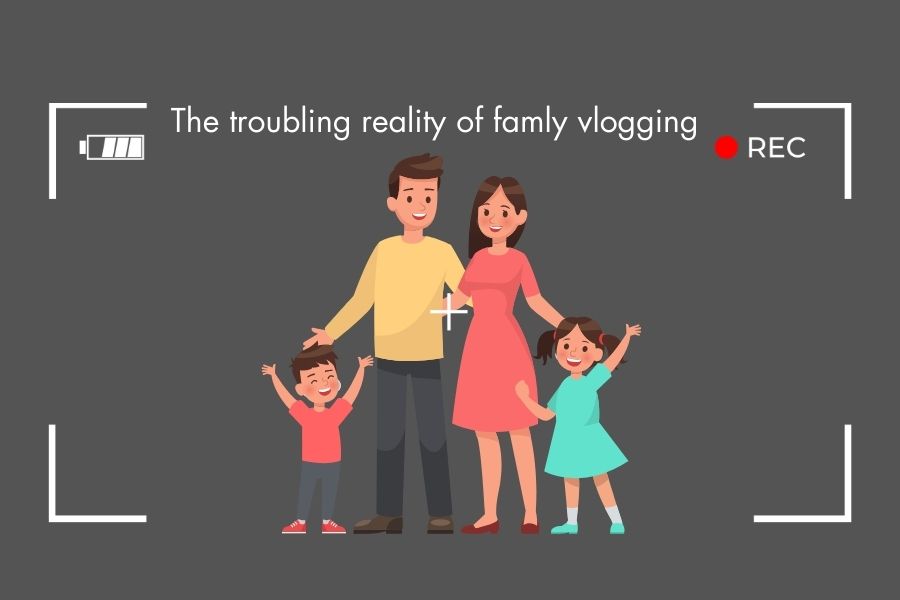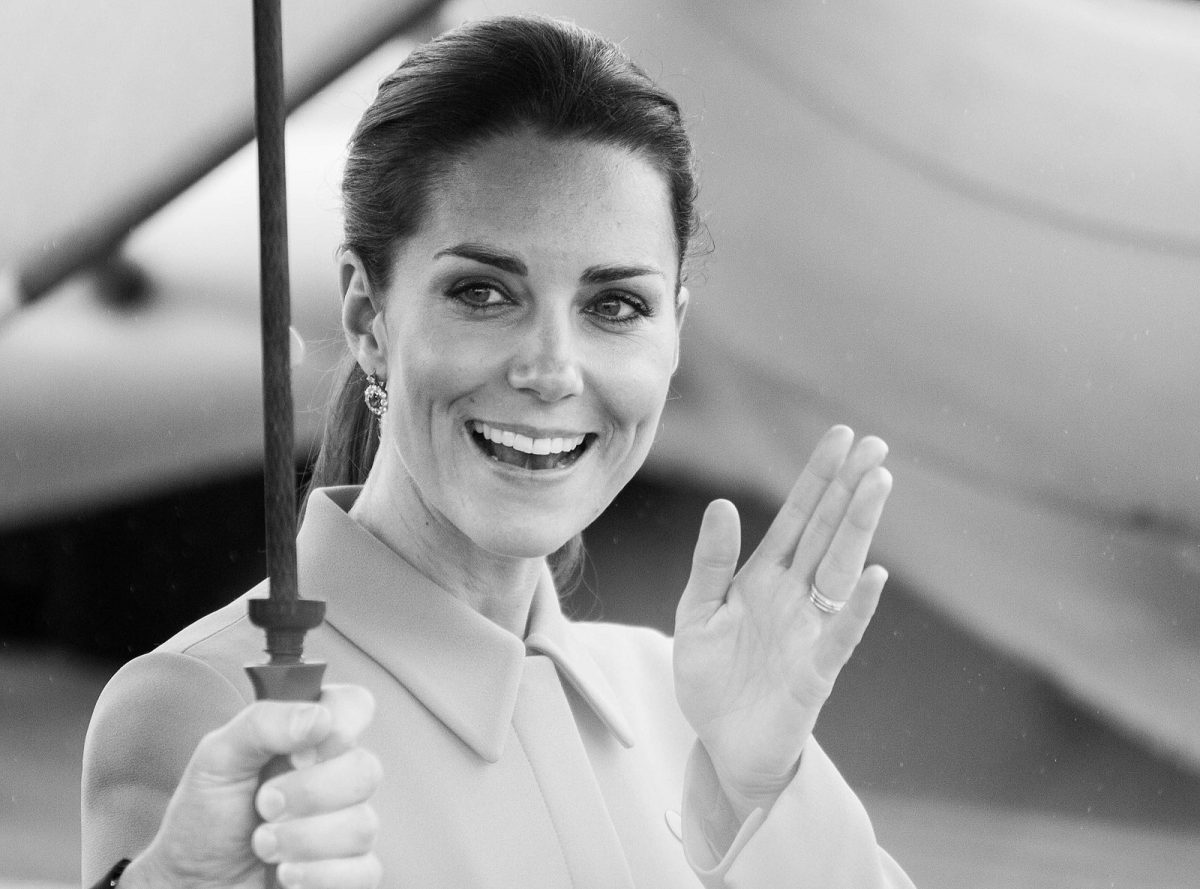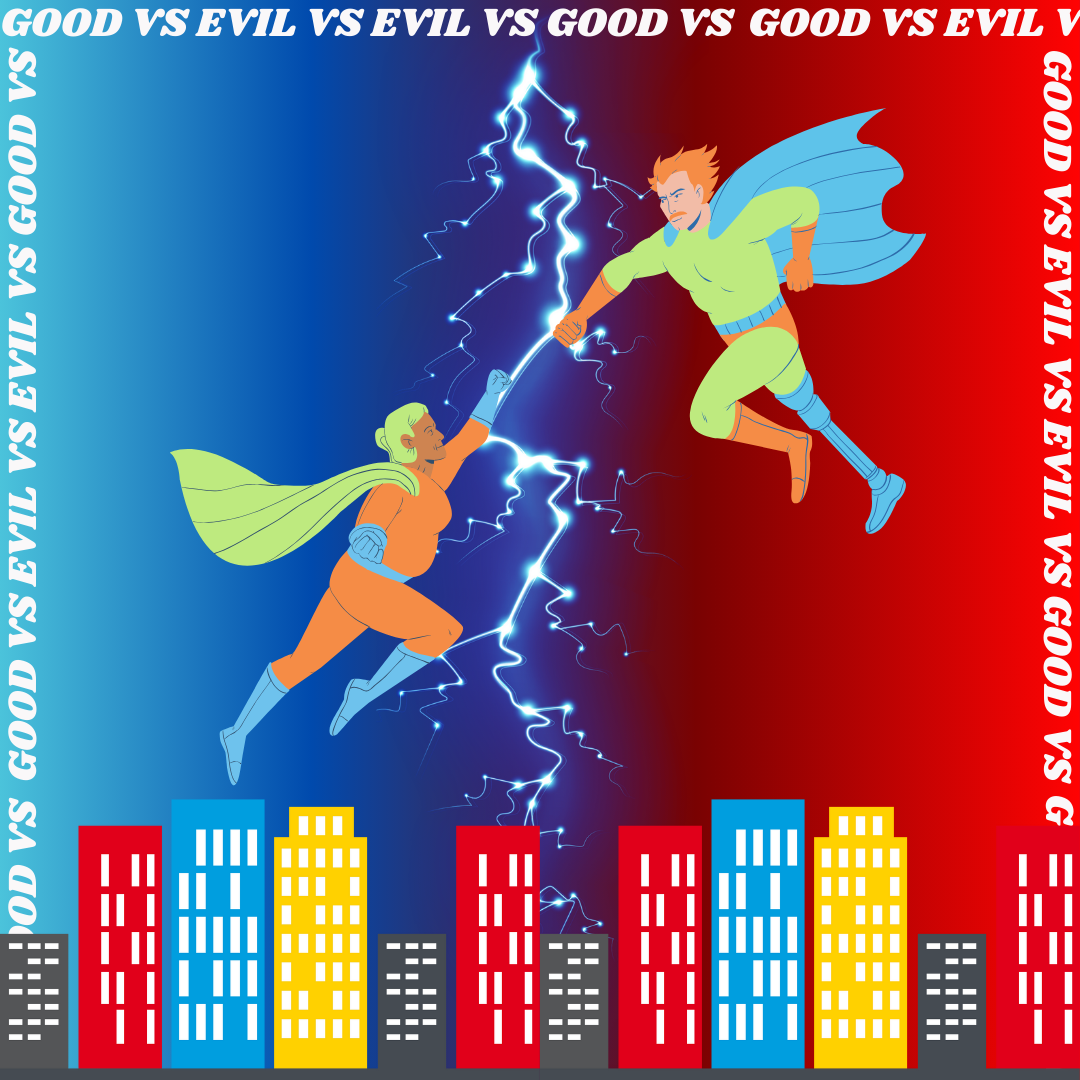In a digital age where media dominates our lives, the rise of family vlogging has captivated millions of viewers across the globe. These videos seem to capture a family’s heartwarming moments in their day-to-day lives but, behind the cheerful facade portrayed often lies the dangers and complications of a filmed life. As cameras become constant companions, children are unwittingly sent into an arena where their privacy can be compromised, their childhoods can be exploited and their family relationships may be strained.
In this profession, the line between parent and employer is vague. Young children grow up in an environment where content of them is more often than not the primary source of income for the household. These standards can put an immense amount of pressure on a child. This pressure to perform and constantly be camera-ready can create stress and tension within the family, as it may require sacrificing genuine moments, prioritizing the needs of the audience over personal well-being.
Another possible negative impact on family relationships due to vlogging is favoritism. Family vlogging often revolves around a central figure or a few family members who take on a more prominent role in front of the camera. This can create feelings of neglect among other family members who may feel overshadowed or less valued in the process.
Embarrassing or sensitive moments captured on camera may resurface later in life, potentially affecting their self-esteem, personal relationships or future opportunities.
In addition, family vloggers can make a large profit from the videos they share of their children. Unlike the current industry safeguards for child actors, some states have yet to prohibit parents from having unlimited access to this money. However, recently the state of Illinois passed a law requiring parents to compensate child influencers. Starting on July 1, 2024, parents in Illinois will be required to put aside 50 percent of earnings for each piece of family content into a trust fund for their child, based on the percentage of time they’re featured in the video. If this trend continues to spread across the country, it would greatly benefit many children stuck in unfortunate situations. Though this compensation does not overshadow the risks of family vlogging, it is one step closer to creating a solution to this distinctive issue.
As a watchful critic of many family vlogging channels, I immediately noticed several ethical concerns upon viewing content including young children. Many children featured in family vlogs can also become targets of online harassment. Sharing personal information, such as their names, schools or locations, can expose them to potential risks. Young children may not fully understand the consequences of appearing on the internet or have the ability to provide informed consent. Their participation is often determined by their parents, limiting their control over how their personal lives are shared online. To add on to this concern, the content shared of young children can have long-term complications. Embarrassing or sensitive moments captured on camera may resurface later in life, potentially affecting their self-esteem, personal relationships or future opportunities.
While family vlogging may appear innocent and entertaining on the surface, it is crucial to recognize the potential dangers associated with this growing trend. The loss of privacy, childhood exploitation and strain on relationships are only a few of the countless complications family vlogging includes. When creating family content, striking a balance between sharing joyful moments of your family’s life and protecting the privacy of your loved ones should be at the forefront of one’s mind. A safer and more respectful digital environment can be created by raising awareness about these potential risks.









